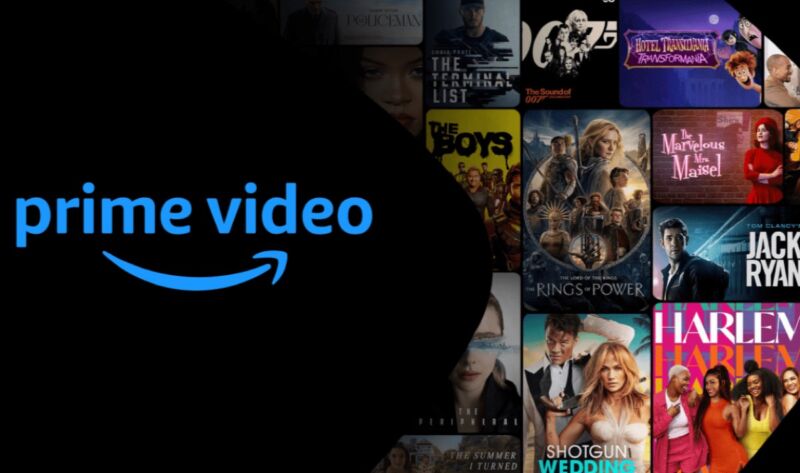How kids find content and what parents should know


Ages 7 to 9: Suggesting favorite content—and engaging with that first phone
“Kids master device and video navigation quickly, and by age 8 they tend to be sharing in the suggestions and curation of content, with parent permission.” — Sarah Holmes
As kids become more independent in defining their own interests, they’ll also define what they like and don’t like when it comes to what they watch online. And this independence with content can become even more pronounced when they get their first phone.
“The first phone is the game changer,” Ludwig says. “They now have access to everything at their fingertips.” While family situations vary, a recent study shows there’s a significant increase in mobile phone ownership for kids around age 7. The biggest jump in mobile phone ownership then occurs at ages 11 to 13, with 11.6 being the mean age for kids to obtain their first phone.
Parent tip: Getting a first phone is a significant milestone. Before handing over the device, discuss boundaries with your child, including how you will use parental controls to manage content and block inappropriate apps and websites, and what’s okay for them to watch online. This helps ensure that your child explores appropriate content safely and can lead to open conversations about their digital experiences.
Ages 9 to tweens: “Rabbit holing”
“Kids at this age start to be influenced more by outside sources and own more management of their digital choices.” — Sarah Holmes
When kids in this age group find a favorite show, influencer or music artist, they’re likely to go all in by watching or listening to everything they can. And today’s most popular video streaming services make this easy by using an algorithm that makes recommendations based on the history of what people have watched online and what they like. This all facilitates binge-watching and the phenomenon of “rabbit holing”—seeking recommendations and diving into lots of related content.
“The algorithm is smart, and kids expect all of their content to be served in the same fashion,” Ludwig says. “The technology enables an ability for kids to have unique interests and knowledge bases.”
Going deep on content is a way that kids connect with others who have similar taste. This kind of “nerding out” on niche interests is respected and embraced by Generation Alpha and it simultaneously helps kids keep up with content and common interests that provide social currency among peers.
Parent tip: Don’t worry if your child dives deep into a new favorite show or music artist, Holmes says. This can be a good thing. The “rabbit holing” helps them develop their identity and social connections. Parents should stay engaged by asking questions and showing interest in what their kids are discovering—it’s a great way to understand their world.
Tweens and teens: Serving as advisors—and embracing nostalgia
“Discovery is a badge of honor; many kids this age serve as family advisors on what to watch and engage with.” — Sarah Holmes
Tweens and teens often play an active role in deciding what the family will watch online, but a newer trend Holmes and Ludwig have identified is how quickly something can become nostalgic for these kids. Something a 13-year-old watched when they were 8 might get picked up again without embarrassment if it’s under the umbrella of nostalgia.
“Teens and tweens aren’t afraid to feel the feels about things they hold dear from their younger days,” Holmes says. When young teens talk about a show they watched as a 10-year-old, they’ll say, “When I was kid, I really loved this show, and that’s why I’m rewatching it.” They’re still kids in the eyes of adults, Holmes says, but they think of themselves as being in a distinctly different life stage.
Parent tip: Expect your child to revisit shows, games or music from their past as they seek comfort in familiar content. Take this opportunity to acknowledge how much they’ve grown and celebrate these mini-milestones together.
When parents understand the different ways kids find new content, they have another way to connect. If you notice these phases happening in your kid’s life and talk together about what they watch or explore online. It’s a great way to bond and enjoy the digital world together.
Let your kids find what they love online—safely—with Smart Family’s content filters.


